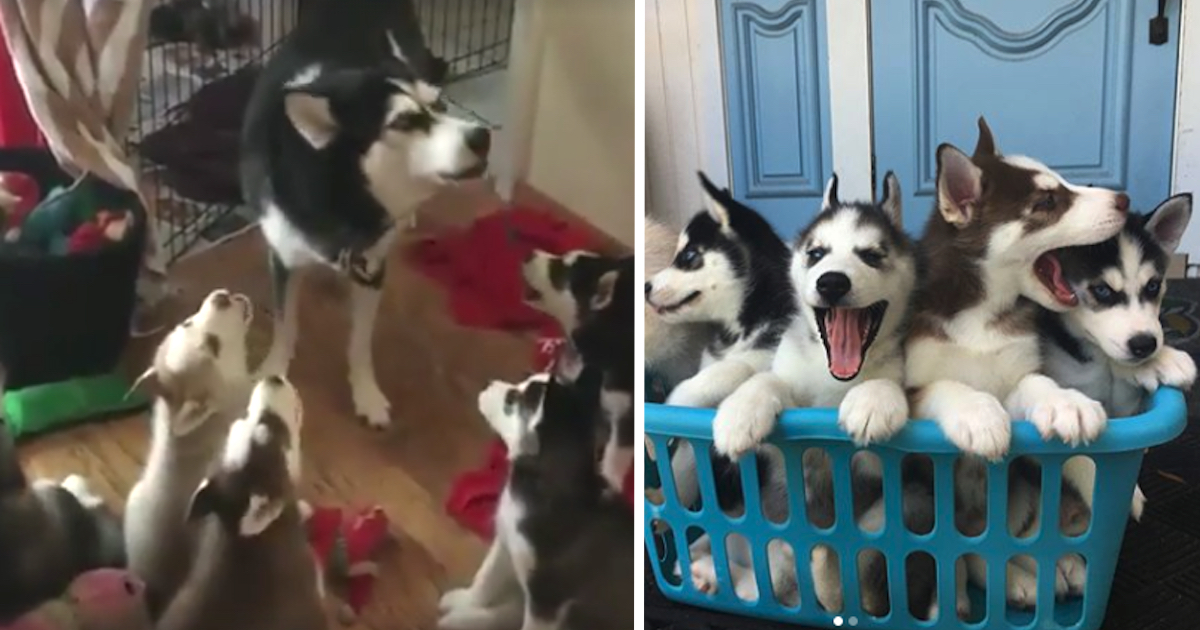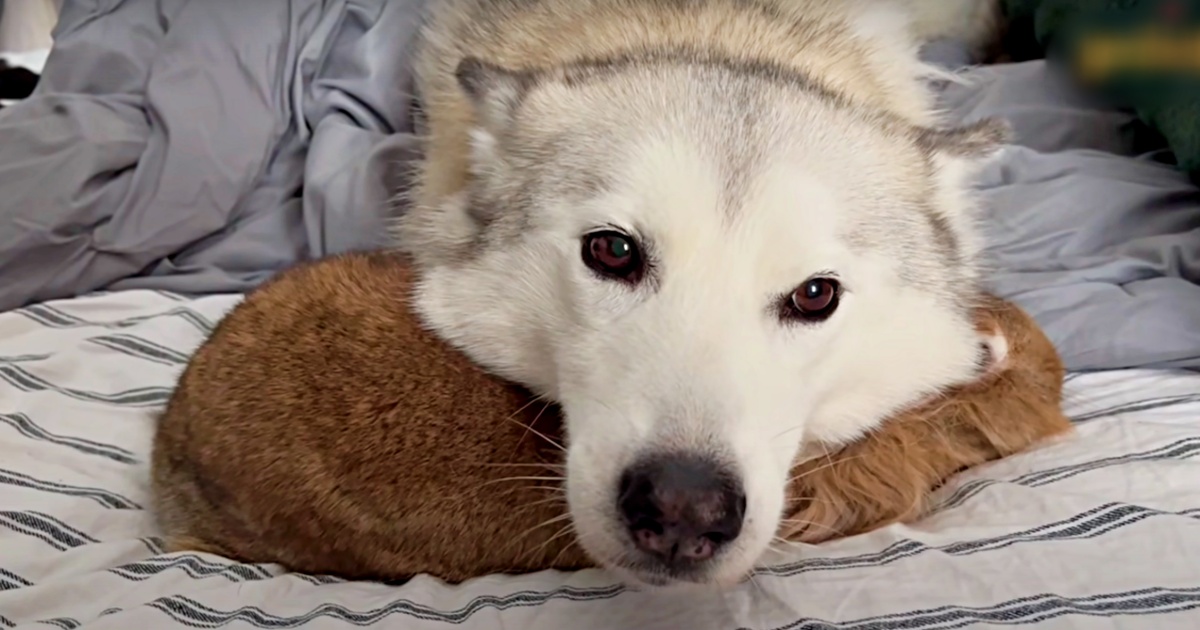“They’re eating the dogs. They’re eating the cats.” Ah, the eternal dilemma of meat lovers: How to reconcile cuddling up with Lola one minute and chowing down on a bacon cheeseburger the next.
Elizabeth Kolbert’s article “Flesh of Your Flesh” in The New Yorker addresses this very issue. She puts a microscope on America’s bizarre and hypocritical relationship with animals. It was a wild ride through the world of pets, pork chops and moral acrobatics.
Kolbert starts by reminding us just how much we love our furry friends. Forty-six million American families own at least one dog, while 38 million have cats.
I did not say “own” a cat – the kittens run the show. Still, we are enamored by our pets.
We spend $40 billion a year on food, toys, veterinarian bills and the occasional absurd Halloween costume. (Ever seen a Shorkie dressed like a shark?)
On the flip side of the coin, we also love to eat animals – lots of them. Kolbert says we eat 35 million cows, 150 million pigs, and a phenomenal 9 billion turkeys and chickens every year. While we are busy pampering Coco with dog treats and Suzu with cat treats, we eat enough chicken to populate Uranus, the epitome of a double standard.
At this point in the article, things turn dark. Kolbert went into way too much detail describing the horrendous life of animals destined for our plates.
She describes the overcrowded farms, respiratory diseases, leg sores and electrocution zaps. But here is where irony meets reality.
We give our pets the best possible lives while we ignore the factory-farmed animals that become our chicken nuggets.
Kolbert again asks: Why are we so affectionate toward our pets, yet indifferent to the suffering of animals we eat? We know that pigs are as companionable as your Labrador (and in some cultures considered just as delicious), but there is that odd disconnect again.
It is like the cute animals figured out how to buddy up during their evolutionary process and thus made the cut to live in luxury, while the rest are stuck on the farm-to-table express.
Enter Jonathan Safran Foer’s book, “Eating Animals.”
He says that when it comes to food choices, reason does not make the top of the list.
He describes the environmental mess caused by industrial farming, which includes polluted waterways. Oh, and how about the 23 million pounds of antibiotics given to animals that create superbugs that will kill nearly 40 million people by 2050, like a bad sci-fi movie?
In his book, “The Omnivore’s Dilemma,” Michael Pollan praises the moral clarity of vegetarians. OK, he does take a shot at their idealism. Not eating meat can make you feel blameless (and even a little bit smug), but Pollan argues that this mindset might simply be ignoring the complexities of man’s evolutionary food chain.
Heck, even vegetarians cannot escape the ethical dilemma. Those vegetables do not just leap into your stir-fry by themselves. Someone has to kill them.
Neil deGrasse Tyson adds his cosmic perspective by reminding us that the only two foods we consume that do not require killing or being killed are milk and honey. When it comes to food, life and death seem linked inextricably.
Pollan’s answer is not to consume industrial meat by choosing grass-fed and organic options when available.
He admits, however, that there are simply not enough pasture-raised animals to go around.
The article wraps up with the wise words of animal behaviorist Temple Grandin: “We owe animals a decent life and a painless death.”
At least we can eat a cow that had a pretty nice life.
That seems to be something we can all agree on. Whether we are carnivores, vegetarians, or somewhere in between such as pescatarians, there may be a more humane way.
So what is the takeaway here? I would like to see a world where humane dignity is the norm.
Nick Jacobs, of Windber, is a health care consultant and author of the book “Taking the Hell Out of Healthcare.”









